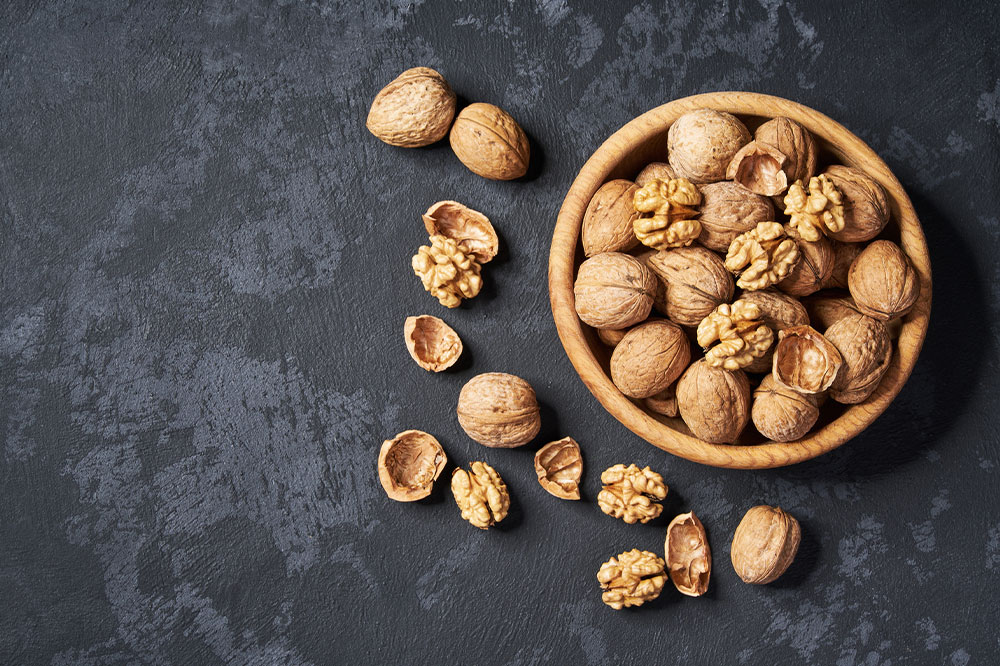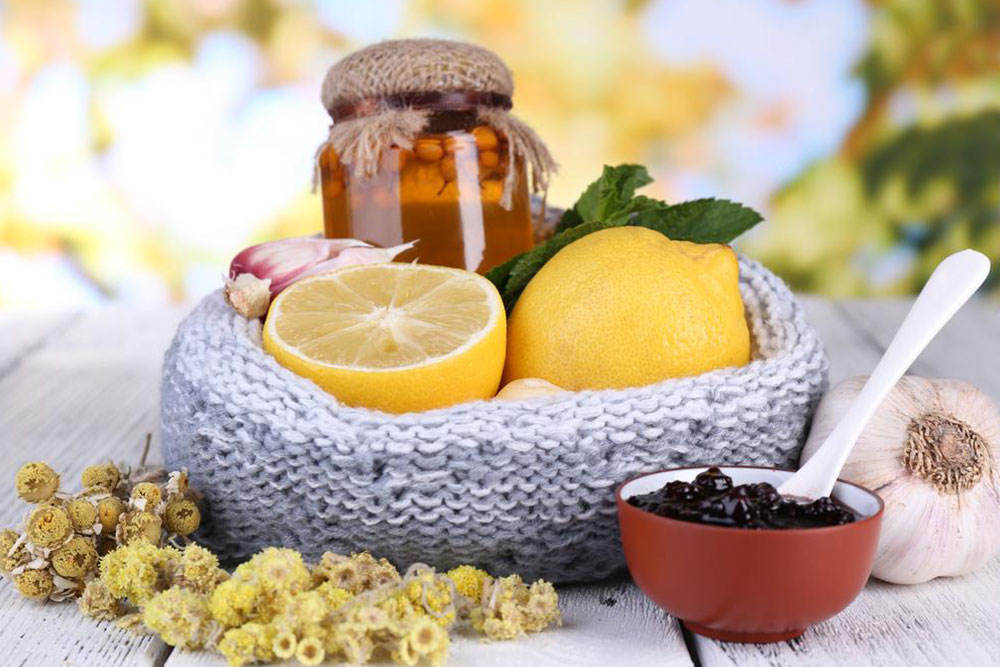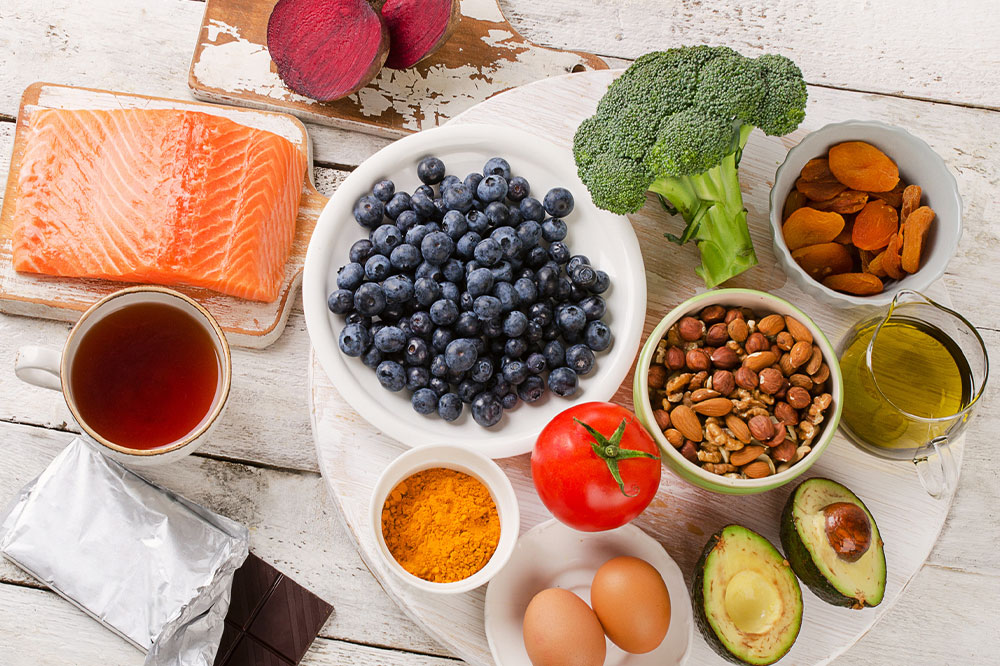Essential Nutritional Approaches to Enhance Mental Wellbeing and Mental Health
Discover comprehensive nutritional strategies to support mental health through diet. Learn about the benefits of fresh fruits, fermented foods, antioxidant berries, and omega-3 rich oily fish. Enhance your gut health, improve mood, and boost cognitive resilience naturally with these scientifically supported dietary tips. Perfect for anyone looking to strengthen mental wellbeing through nutrition.

Essential Nutritional Approaches to Enhance Mental Wellbeing and Mental Health
In recent years, the profound connection between nutrition and mental health has attracted significant attention from researchers, healthcare professionals, and those seeking to improve their psychological wellbeing. This association is largely rooted in the gut-brain axis—a complex communication network linking the digestive system and the brain. The bacteria residing in our intestines produce neurotransmitters such as serotonin, dopamine, and GABA, which play crucial roles in regulating mood, cognition, and emotional resilience. Therefore, maintaining a healthy gut through proper nutrition can have a meaningful impact on mental health, potentially alleviating symptoms of anxiety, depression, and stress while promoting overall mental wellness.
This article explores four key dietary strategies centered around particular food choices that support gut health and, consequently, enhance mental resilience. These strategies are grounded in scientific research highlighting the importance of a nutrient-rich diet in fostering a positive mental state and improving quality of life. By understanding the science and integrating these foods into your daily routine, you can actively support your mental health naturally through nutrition.
Below, we delve into detailed insights on the top four nutritional components essential for mental wellbeing: fresh fruits and vegetables, fermented foods such as yogurt, antioxidant-rich berries, and omega-3 fatty fish. Each plays a specific role in fortifying the gut microbiome, reducing inflammation, and supporting neurotransmitter production, ensuring a holistic approach to mental health through diet.
1. Incorporating a Wide Range of Fresh Fruits and Vegetables
Consuming a diverse array of fresh, raw produce is cornerstone in supporting mental health over the long term. Studies consistently demonstrate that diets abundant in fruits and vegetables correlate with lower rates of depression, reduced anxiety symptoms, and greater overall life satisfaction. The vitamins, minerals, fiber, and phytochemicals present in raw produce fuel beneficial bacteria in the gut, promoting an optimal microbiome that regulates mood and cognitive functions.
Leafy greens such as kale, spinach, collard greens, and arugula are incredibly rich in magnesium, folate, and antioxidants—all of which have been linked to improved mental health outcomes. Brightly colored vegetables like carrots, bell peppers, and sweet potatoes offer carotenoids that combat oxidative stress, a factor associated with depression. Fruits like apples, bananas, kiwifruit, and grapefruit are excellent sources of vitamins C and B6, which support neurotransmitter synthesis and immune health. Regular consumption of these nutrient-dense foods fosters happiness, satisfaction, and resilient mental states by feeding the beneficial bacteria in your gut—an essential step toward emotional stability.
Research indicates that diets rich in raw produce environments are linked to increased feelings of happiness, emotional fulfillment, and reduced depressive symptoms. Ensuring your plate is colorful with a variety of fruits and vegetables can significantly influence your mental health trajectory, promoting a more balanced and positive mood across diverse populations.
2. Embracing Fermented Foods and Probiotics such as Yogurt
Fermented foods like yogurt, kefir, kimchi, sauerkraut, tempeh, and pickled vegetables are treasure troves of probiotics—live beneficial bacteria that enhance gut flora balance. These microorganisms are instrumental in modulating the gut microbiome, which, in turn, profoundly impacts the production of neurotransmitters involved in mood regulation. Studies show that probiotic-rich foods can help reduce stress, anxiety, and symptoms of depression by improving gut barrier integrity and reducing systemic inflammation.
Yogurt, a widely consumed probiotic source, contains strains of bacteria that assist digestion and support the production of serotonin—the “feel-good” neurotransmitter predominantly found in the gut. Incorporating yogurt into your daily diet can lead to improved mental resilience and a calmer state of mind. Similarly, other fermented foods such as kefir and kimchi offer diverse probiotic strains that support neurotransmitter regulation and enhance overall mental health. Regular intake of these foods is a simple yet powerful strategy to leverage the gut-brain axis for psychological benefits.
3. Consuming Antioxidant-Rich Berries
Berries—strawberries, blueberries, raspberries, blackberries—are rich in antioxidants, notably polyphenols, anthocyanins, and flavonoids. These compounds fight oxidative stress in brain cells, support neurogenesis, and reduce inflammation—all of which are linked to lower rates of depression and cognitive decline. The antioxidant properties of berries help repair damaged cells and protect against inflammation-induced neural deterioration common in mental health disorders.
Furthermore, studies suggest that polyphenols found in berries can improve memory, focus, and cognitive function. Regular consumption of berries can elevate mood and decrease symptoms of anxiety by decreasing oxidative damage in the brain and improving neurotransmitter function. Incorporating berries into smoothies, cereals, or snacks is an enjoyable and effective way to boost your mental resilience naturally.
4. Incorporating Oily Fish Rich in Omega-3 Fatty Acids
Often referred to as “brain food,” oily fish—such as salmon, mackerel, sardines, and herring—are abundant sources of omega-3 fatty acids, particularly DHA (docosahexaenoic acid). DHA is a critical component of brain cell membranes and supports neural signaling, memory, and overall cognitive health. Numerous scientific studies associate low levels of omega-3 fatty acids with increased risk of depression and other mental health issues.
Regular consumption of omega-3-rich fish has been shown to improve mood, reduce depressive symptoms, and enhance resilience to stress. For those who do not consume fish regularly, omega-3 supplements can be effective alternatives. Incorporating these nutrient-dense fish into meals two to three times a week or taking high-quality fish oil capsules can significantly support mental wellbeing by reducing inflammation, promoting neural connectivity, and supporting neurotransmitter synthesis—especially serotonin and dopamine.
In conclusion, a targeted approach to nutrition that emphasizes fruits, vegetables, fermented foods, berries, and oily fish can overall enhance mental wellbeing. Supporting gut health with these specific foods creates a foundation for balanced neurotransmitter production, reduced inflammation, and improved cognitive function. Integrating these nutritional strategies into your daily routine can promote a resilient mental state and a healthier mind, naturally and effectively.





